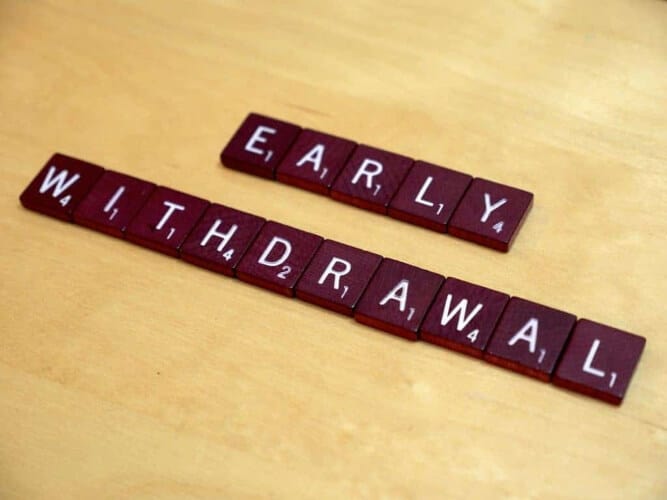The process of withdrawal within the brain
Generally, those who enter rehabilitation centres for alcohol or drug addiction have been abusing substances right up to their point of admittance. This is often due to the client’s decision to have a ‘blow out’ before finally quitting. The reason withdrawal happens is due to the brain acting like a spring. In using this metaphor, withdrawal and symptoms can be explained more simply.
Drugs and alcohol are depressants which effectively push the spring down, suppressing the brain’s ability to produce neurotransmitters, such as noradrenaline. When the substance abuse comes to an end it is like taking the pressure off the spring. The brain reacts by producing a huge amount of adrenaline which ultimately causes the withdrawal symptoms.
Withdrawal symptoms
Withdrawal symptoms differ depending on the substance. Some drugs will create considerable physical withdrawal symptoms, such as alcohol, tranquillisers and opiates. Other drugs will create less of a physical withdrawal and more of an emotional one. For example, cocaine, ecstasy and marijuana. The withdrawal pattern will vary from person to person. If someone experiences relatively little physical withdrawal, this does not mean that they were not addicted. There may have been more of an emotional withdrawal.

All drugs produce emotional withdrawal symptoms, which can be experienced alongside physical symptoms. The emotional withdrawals include anxiety, restlessness, irritability, insomnia and more. The physical withdrawal symptoms are usually due to alcohol, opiates and tranquillisers. They can be sweating, racing heart, palpitations, and muscle tension to name a few.
Types of detox programs
Deciding what kind of detox programme will be undertaken before admission is important. The bigger rehabilitation centres tend to administer the detox in house. Yet, the smaller centres can have local doctors who come to give medication daily. Clients are not in risk of danger given the out of house detox is closely monitored. Although, clients could feel anxious when not surrounded by professionals and doctors. The larger and more luxurious rehabilitation centres have doctors on call 24 hours a day and cater more to each person’s needs – hence the high prices that are paid.
Doctors and detoxing
A doctor must be made aware of a person’s attempt to detox. This is because there are risks: hallucinations, nausea, body-aches and more. In the most extreme cases, there are life-threatening convulsions. It is important to know that you should not have to go through withdrawal alone. If the above symptoms are experienced, someone must be made aware.
Alcohol detoxification is the first step of a long but incredibly rewarding path. This involves a new and clearer life without the need of mood/mind altering drugs. In order to make the journey away from substance abuse easier to manage, surround yourself with as much help and support is necessary. If one goes into rehabilitation centres they will direct you onto the right path to on-going recovery.
If you have a drink or drug related problem, please call 01462 851 414 for confidential help and advice.
